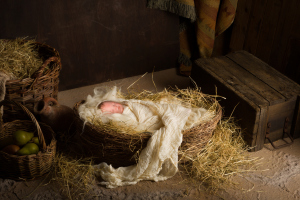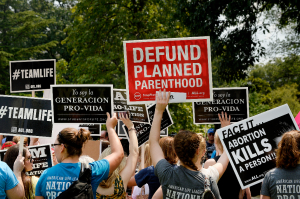At Six Months, Tsunami Aid Groups Plan Long Term Relief
Six months have passed since the deadly tsunami hit shores across the Indian ocean, killing over 250,000. Christian relief are now looking toward long term efforts to help people recover their lives.
Six months have passed since the deadly tsunami hit shores across the Indian ocean, killing over 250,000. Christian relief are now looking toward long term efforts to help people recover their lives.
Much of the recovery's focus has been placed on the Northwestern part of Indonesia, in the Banda Aceh region -- one of heaviest hit areas.
Despite future plans for reconstruction, much of the aid efforts still revolve around basic necessities such as sanitation, access to water, and provision of food. Among the most affected groups were children.
"A major focus continues to be the health and psychosocial needs of children. Supplemental feeding programs are continuing to be an important part of our assistance," said Donna Derr, associate director for international emergency response programs for Church World service.
Most of those who died in the tsunami were children, since they are the most easily swept way. Christian Aid reports that in some villages, up to three-quarters of children died, with many being orphaned.
World Vision has helped many of the affected, with special emphasis on children and vulnerable groups . In 22 designated "Child Friendly Spaces" in five regions across Banda Aceh, 1,600 children are benefiting from books, toys, and special training in math and literacy.
A challenge for relief organizations can often come because of aid worker's lack of a new culture. CWS says that its relief efforts have benefited from having teams of local workers.
"Language and understanding culture and customs are not a challenge for our indigenous staff ... our teams in Aceh have been able to provide direct help efficiently and sensitively for affected residents," said CWS' Derr.
CWS also reports that its Health and Nutrition Team along with the CWS Mobile clinic are monitoring food deliveries, feeding programs and are working with community health centers that were initially overwhelmed by people scattered, injured, and traumatized by the disaster. It's medical team has been training local health centers to treat malnutrition, respiratory infections, diarrhea, and cases of worms.
Christian Aid says that it will be involved in recovery efforts for at least the next three years, adding that the hardest part of emergencies is "when the long process of reconstruction begins."
So far the Uk-based organization has spent nearly $20 million on tsunami relief and rehabilitation projects and expects to spend an additional $80 million in the next three years for projects such as the construction of permanent homes, getting people back to work, preparing communities for future disasters and counseling those traumatized by the disaster.
World Vision has implemented a strategic resonse that it hopes to successfully extend into the long term. The plan for the next three to five years four interrelated efforts: Emergency Response, Economic Recovery, Community/Social Rehabilitation, and Infrastructure Rehabilitation.
All three groups have been working with the Indonesian government, and other aid agencies to supplement aid efforts where needed. As they look to the future, donors will play an important role in their work. All three have made available ways to contribute to ongoing projects. Funds can be donated by regular mail, telephone, or online. For more information, visit their websites.
Christianaid - http://www.christianaid.org.uk
Church World Service - http://www.churchworldservice.org
World Vision - http://www.worldvision.org




























